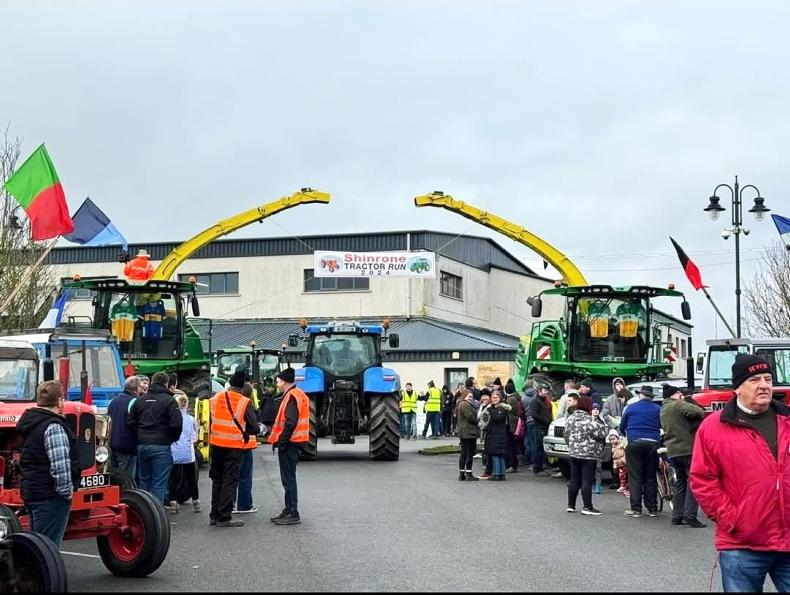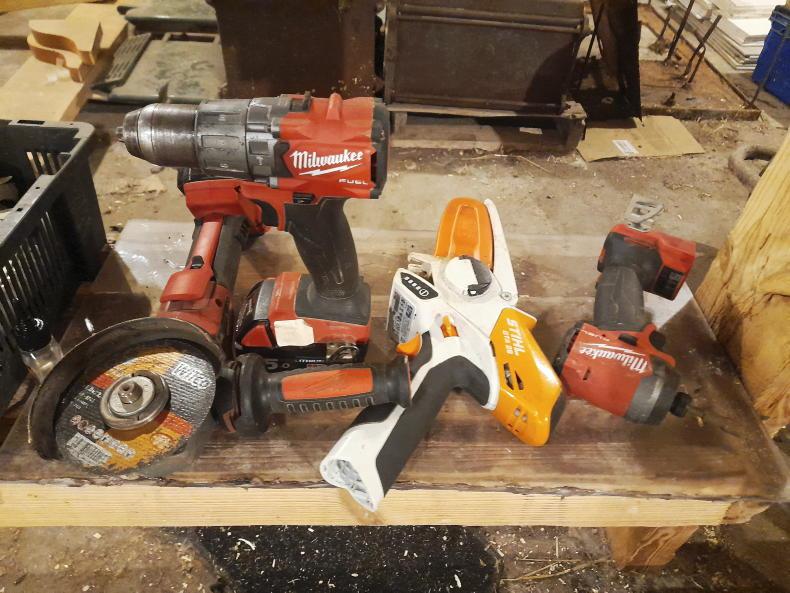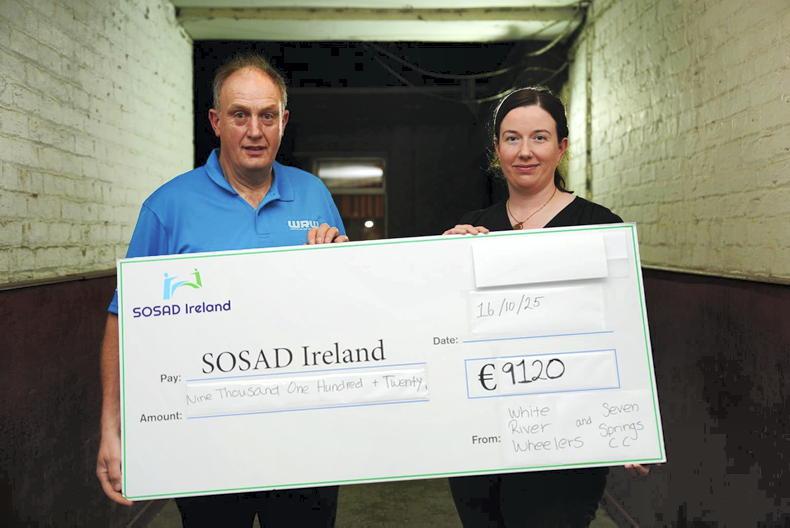Social farming offers people who are socially, physically, mentally or intellectually disadvantaged the opportunity to spend time on a family farm in a healthy, supportive and inclusive environment.
Participants are a range of people across society including those who have intellectual disabilities and mental health issues, who are enrolled in addiction services, or anyone who might benefit from spending time on a farm.
Placement block
There are over 140 social farmers in the country and social farming is facilitated by Social Farming Ireland. Participants are matched to farms based on their goals and what they want out of the experience.
They typically go to the farm one day a week, for what is called a placement block, ranging in duration depending on the person.
Depending on what the participant wants and what their needs and abilities are, some goals for the placement are set and the farmer helps them take steps towards the goals.

Speaking to the Irish Farmers Journal, Helen Doherty, national co-ordinator of Social Farming Ireland (SFI) said that “it is very much about the ordinary working farm, the family and community around the farm, whoever happens to be coming onto the farm that day.”
She highlighted that it is a supported placement, not a work placement.
“It’s not work placement, it’s not therapy, a caring service or service provision. It is ordinary and something that people might not be able to access otherwise.”
She emphasised that farmers need to be able to take the time out of their usual working day when the social farming participants arrive.
“They need to start with the expectation that you’re not going to get any work done that day.”
Placements are co-ordinated by SFI and farmers undergo training and meet minimum standards. Training is blended - it involes a mixture of online training and in person training over around five months. A farmer taking part in the initaitve must have all training completed before the participants are placed on their farm.
The objective is to improve mental health, build confidence, social skills, self-esteem, routine, a sense of purpose and to open up people’s minds.
Bernie Whyte is heavily involved in the running of her family dairy farm and got involved with social farming over three years ago. On getting involved in social farming, she said “I had my own family reared and life was very good to me, so I thought I would do something in the capacity of giving back.” She has had a wide range of participants from different service providers.
“For me, I see the good that it does. I love to see them enjoying themselves on the farm.” She likes to keep activities as short and as interesting as possible and work to their strengths. “I refer to the support plan on a regular basis, because it gives me an idea of what the participants want out of it and why they are here.

“A day on the farm might start off by feeding and bedding the calves, doing a bit of tidying, then we load up in the jeep and go down the field and do the herding.
“Last week we had a hoof parer out and the participants found that very interesting, most of them would never have seen that before.
“We’re not on the farm all the time, I take them off the farm regularly.
“I’ve taken participants to an intensive goat farm, a dairy farm with robots and a garden centre.”
She said that it’s important to have the time for it. “You need to be able to dedicate a full day a week to it and you need to plan in advance. If it’s a wet day, you need to have an indoor activity.
“I can’t praise it enough. It is very worthwhile and very rewarding. I enjoy it.
“Social Farming Ireland provides great training and support. You are well trained and well supported.
“I’ve learned as much from the service users as they have from me, simply wonderful people with a wonderful attitude to life.”
Ger Deegan is an organic beef farmer who started social farming in 2018.
He admitted that before he started, he wondered if he needed all of the hassle of dealing with the different organisations and inspections. “I did think that at this stage in my life, I don’t need the hassle of more paperwork, but Social Farming Ireland deal with all of that so it took all of the pressure off me.
“We are self-sufficient here - we have a garden and polytunnel and some hens and pigs, meaning there are so many things to do. On a wet day we can go into the polytunnel. We feed hens and pigs, give them water, collect the eggs, give the cattle some meal, fork in the silage- depending on the ability of each participant.”
Range of participants
Like Bernie, Ger has had a wide range of participants.
“I have had different age groups, from 19, 20 up to 70, and people of different abilities.
“Some people can do very little, but tailor it to what they can do - it’s important that they achieve something.
“Farming and working with nature have a therapeutic effect on the mind - to see that happen and be able to facilitate that for people is special. I get a lot out of it- mentally, physically and socially.
“With farming, you’re doing the same thing day in day out, going around in circles. It is a very isolated occupation, so it’s lovely to have different people come out.
“They teach you so much, everyone has a different story to tell.”
Ger concluded by saying “social farming is more rewarding than I could ever put words to”.
How to become a social farmer
Social Farming Ireland is keen to hear from farmers who can dedicate one day per week to host disadvantaged people on their farm. People who access social farming range in age from 14 to people in their 80s.
Funded by the Department of Agriculture, the Social Farming Ireland team provides training to get farmers up and running, and provide continued ongoing support for placements. More information is available on socialfarmingireland.ie where you can register your interest or you can get in touch by emailing socialfarming@ldco.ie or call on 071 9641772.
Who can avail of Social Farming services?
People who have successfully engaged in activity include: people experiencing mental health difficulties, people with disabilities (intellectual, physical and sensory), older people, young people at risk, children, refugees, people availing of drug/alcohol rehabilitation services, people with dementia, and those in the justice system among others.










SHARING OPTIONS